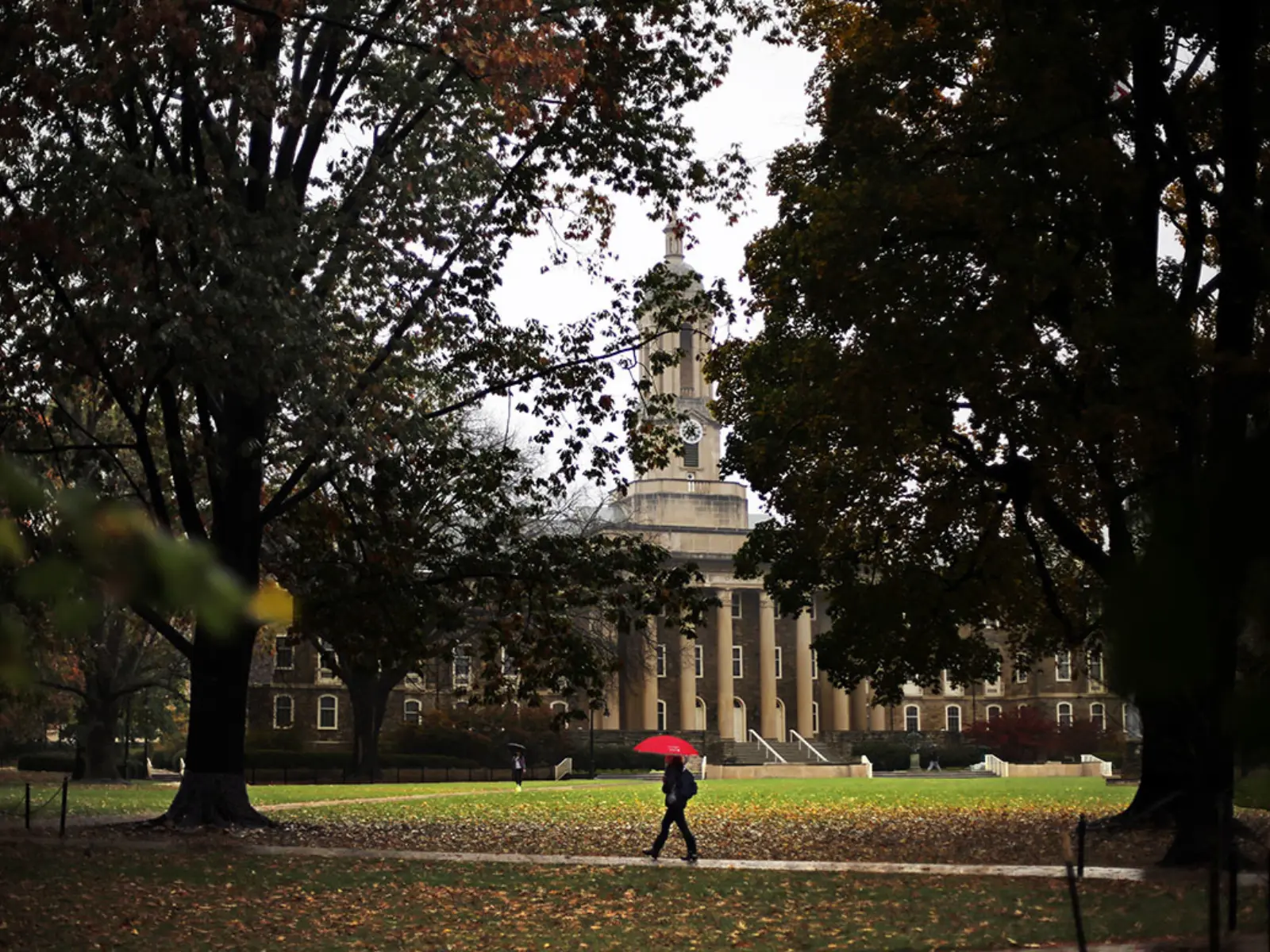The United States spends upwards of $200 billion per year on grants and loans for students to attend institutions of higher education, yet the economic mobility promised by a college degree hasn’t been distributed equally.
Nearly two out of every five students who start a full-time, four-year undergraduate program drop out. This is especially true for part-time students, low-income students and students of color. Because college is so expensive, these students become saddled with loan debt that they struggle to pay back, putting them in a worse economic position than before they entered college.
The U.S. higher education system is clearly broken, yet solutions have remained elusive because of a lack of data needed to answer basic questions about a school’s performance. There has been a decades-long, bipartisan push for this data, but that effort has been stymied by pushback from detractors including for-profit private institutions that prey on poor students, expensive private institutions and even some nonprofits that want to keep their data under wraps.
In this episode of Deep Dive, Laura Arnold sits down with Margaret Spellings, the former U.S. Secretary of Education who pushed for greater transparency during her tenure under President George W. Bush. Spellings also served as the President of the University of North Carolina system, one of the largest and most influential systems in the country.
Arnold also spoke with Amy Laitinen, Director of Education at New America, a think tank and advocacy organization, to talk about what higher education needs to do to effect more transparency around student outcomes; what measures the federal government can implement now to ensure better accountability for students and taxpayers, and what new windows of opportunity and solutions education advocates see for long-lasting policy reforms in higher education.
How to listen
Listen to the podcast in the player above or on iTunes, Spotify, Stitcher, or your favorite podcast app.
About the host
Laura Arnold is the Co-Founder and Co-Chair of Arnold Ventures, founded in 2010, and an attorney and former oil company executive. Read more about her here.
About the guests
Margaret Spellings served as U.S. Secretary of Education from 2005 – 2008 under President George W. Bush. Her work in the administration and since has focused on increasing transparency and accountability, especially in higher education, and focusing policy on student outcomes. Following her time in the administration, she served as the President of the U.S. Chamber of Commerce Foundation and the George W. Bush Foundation and was then appointed as the President of the University of North Carolina System, where she served until 2019. Margaret is currently the CEO of Texas 2036, a non-partisan organization focused on ensuring Texas is “the best place to live and work for the next generations of Texans”.
Amy Laitinen is Director of Higher Education at New America, a nonprofit, non-partisan thinktank. She previously served as a policy advisor on higher education at the U.S. Department of Education and the White House.
















